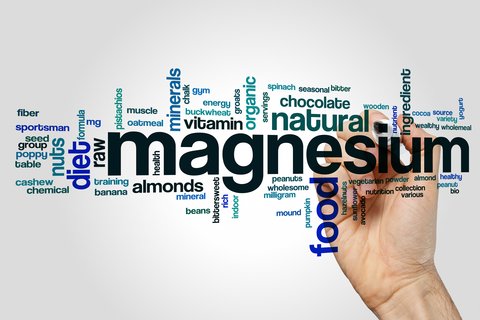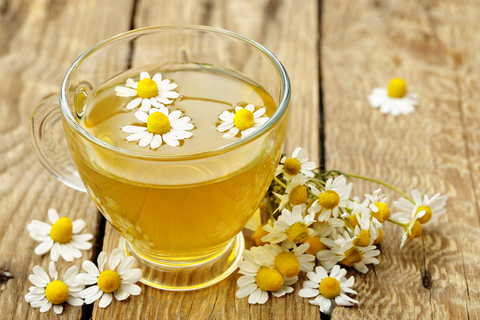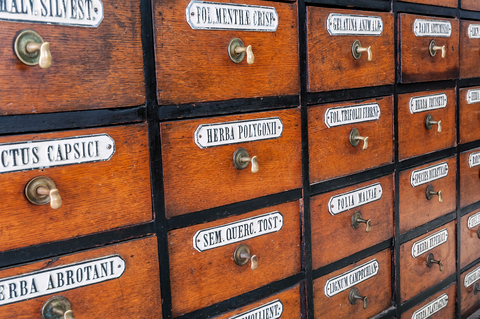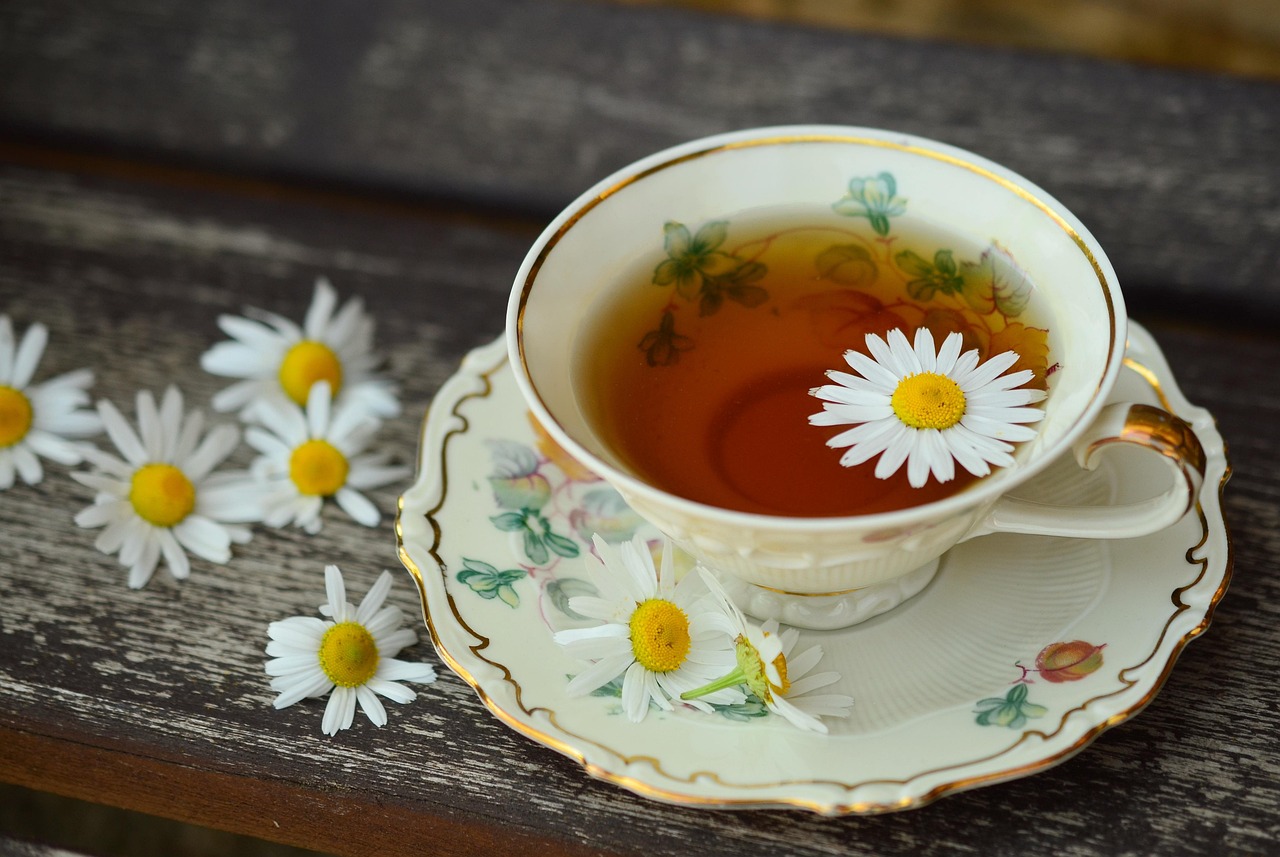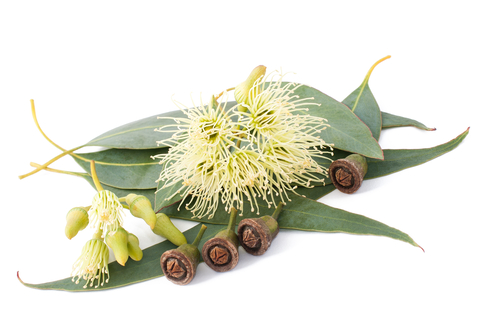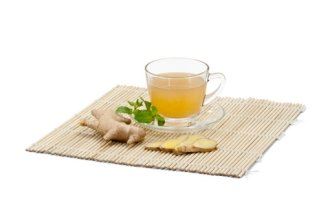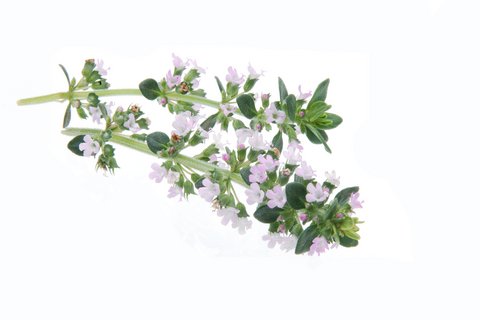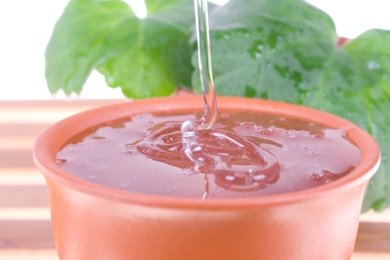Calcium Deficiency
"Let food be your medicine and your medicine be your food. Each one of the substances in a person's diet, acts upon the body and changes it in some unique way, and upon these changes the whole life depends, whether in health, in sickness or convalescent."
Hippocrates 2 000 years ago.
A calcium deficiency can affect us in so many ways from cancer to osteoporosis, to high blood pressure, to epilepsy.
Let's start at the very beginning by looking at the reasons why we need calcium and the problems that a calcium deficiency can cause.
Why we need Calcium.
|
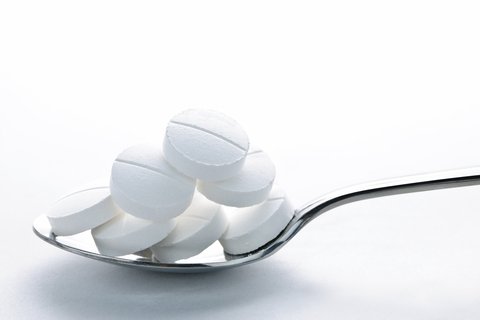
|
Warnings
- Too much salt (sodium) could help destroy your bones by
robbing them of calcium especially in elderly women at high risk of
osteoporosis and bone fractures.
- Avoid the intake of caffeine it promotes the excretion of calcium resulting in a calcium deficiency.
How do you know if you have a Calcium Deficiency?
Listed below are some of the symptoms you might experience should you be suffering from a calcium deficiency.
|
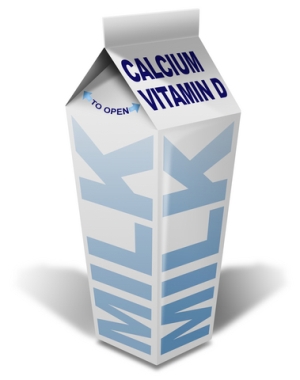 |
Calcium Deficiency and High Blood Pressure
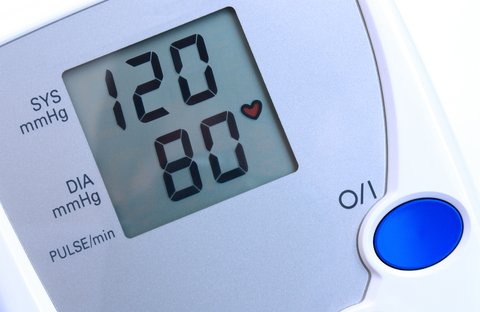 |
|
How do you know if you have a Calcium Deficiency?
Ever woken up in the middle of the night with an excruciating cramp in one of the calves of your leg?
Then you probably know that the first thing to do is to quickly and continuously move your big toe backwards.
But
prevention is better than cure. One of the reasons for these cramps
could be a calcium deficiency. So top up your calcium intake by looking
at natural sources of calcium, but also don't ignore a possible potassium deficiency or even a magnesium deficiency.
Calcium and Dental Health
|
 |
Calcium Deficiency and Natural Diuretics
Diuretics are prescribed specifically to lower blood pressure and to treat heart failure.
Diuretics reduce fluid and salt in the body but unfortunately many diuretics also stimulate calcium excretion.
They
may also cause excessive amount of potassium to be lost. If you are
taking diuretics, it is important to eat plenty of food sources
containing potassium, like bananas and potatoes as well as calcium
supplements, or even take a look at natural diuretics.
Calcium Shortage and Epilepsy
 |
|
Calcium Deficiency and Gout Home Remedies
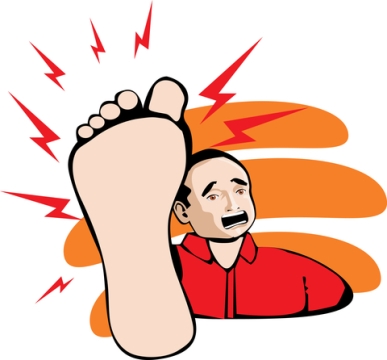 |
|
Calcium and Kidney Stones Home Remedies
|
 |
Calcium and Menopause

|
|
Calcium and Osteoporosis
|
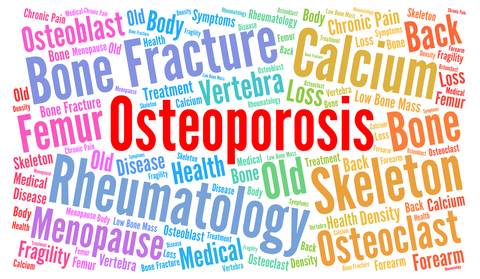 |
- The link between calcium and osteoporosis is highly significant and a full study is underway for ways and means of helping with osteoporosis naturally and will be added to this website once it is complete.
Calcium and PMS
- PMS is a disorder that affects many women on the days leading up to menstruation.
- This has always been a target for great amusement especially amongst husbands and partners, who do not understand that women can suffer really badly with symptoms which include anxiety, breast swelling, depression, insomnia, water retention and drastic mood swings.
- It is possible that there is more than one cause for PMS but studies have shown that both calcium and magnesium supplements are effective for managing symptoms of PMS, precisely how calcium fits into the complex puzzle of PMS, is however, unclear.
Natural Calcium Supplements
Natural calcium supplements are actually quite easy to find in many different foods and herbal sources.
Calcium is vital to all of us, young and old, for the formation and maintenance of strong bones and teeth.
A calcium deficiency can lead to so many unpleasant problems such as aching joints, heart palpitations, tooth decay, muscle cramps and many many more.
Natural Calcium Food Supplements
The content of calcium in the herbs listed below is very small, and should not officially be considered as a supplement.
It is therefore quite important to note the other medicinal qualities of the herb, so that you will be getting small doses of calcium, but will be reaping other benefits simultaneously.
|
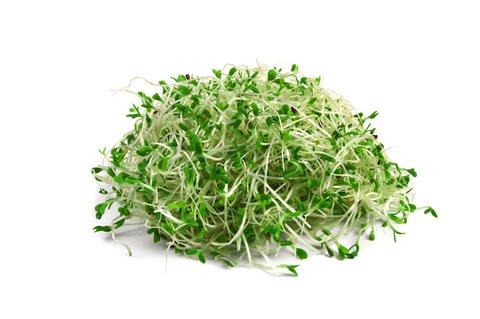 Alfalfa Alfalfa Cayenne Pepper Cayenne Pepper |
 Eyebright Eyebright |
|
 Fennel Fennel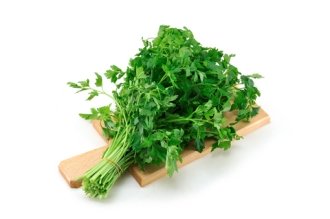 Parsley Parsley |
|
|
 Peppermint Tea Peppermint Tea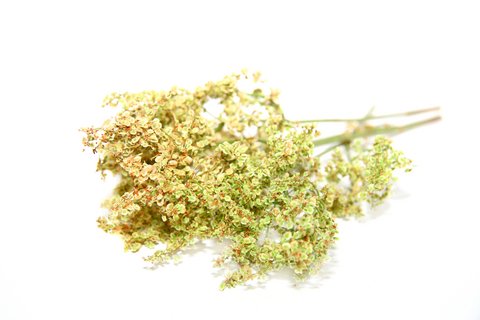 Yellow Dock Yellow Dock |
And lastly... some really interesting facts about our Bones.
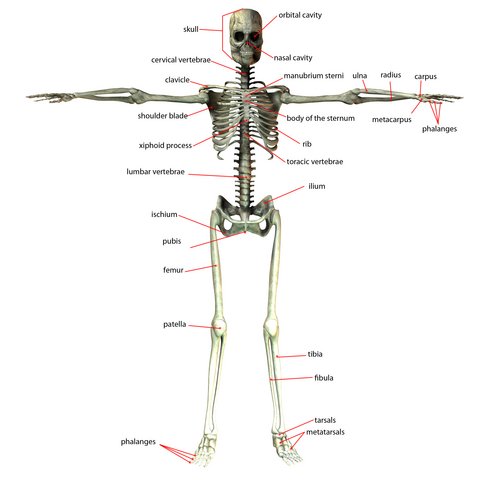
- There are 106 bones in our hands and feet, which is more than half the total number of bones in the body.
- There are 206 bones in an adult skeleton.
- The skull is made up of 22 bones. The only skull bone that can move freely is the lower jawbone.
- The stapes is the smallest bone and is found inside the ear.
- The femur or thighbone is the longest, biggest and strongest bone in our body - and it is hollow.
- Bones are made up of two main ingredients - calcium (which makes bones hard and durable) and collagen (which makes them strong but also little flexible).
IMPORTANT NOTICE
Home Remedies Haven would like to reassure all the visitors to our site, that we respect your privacy and do not in any way sell personal information.
